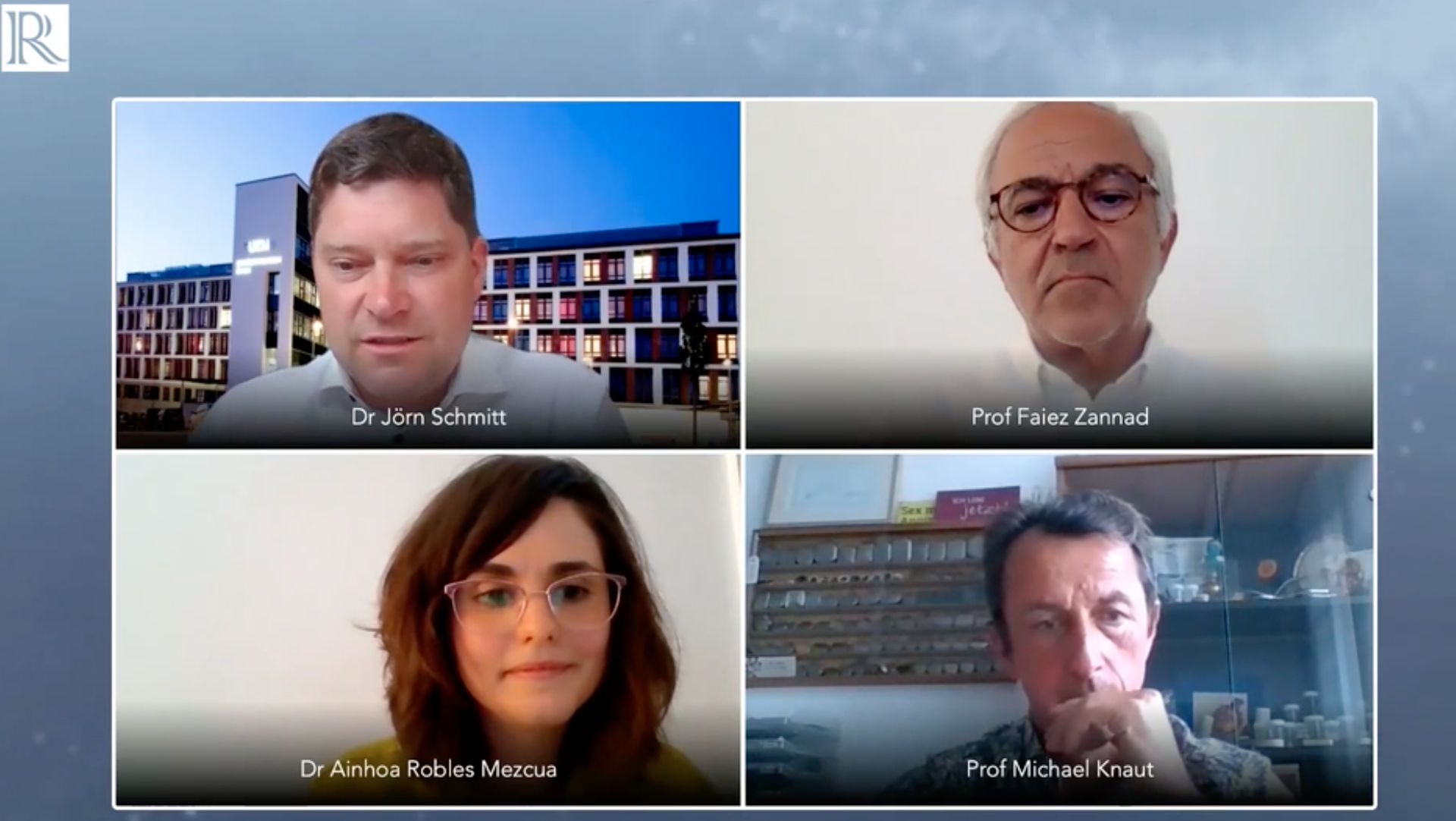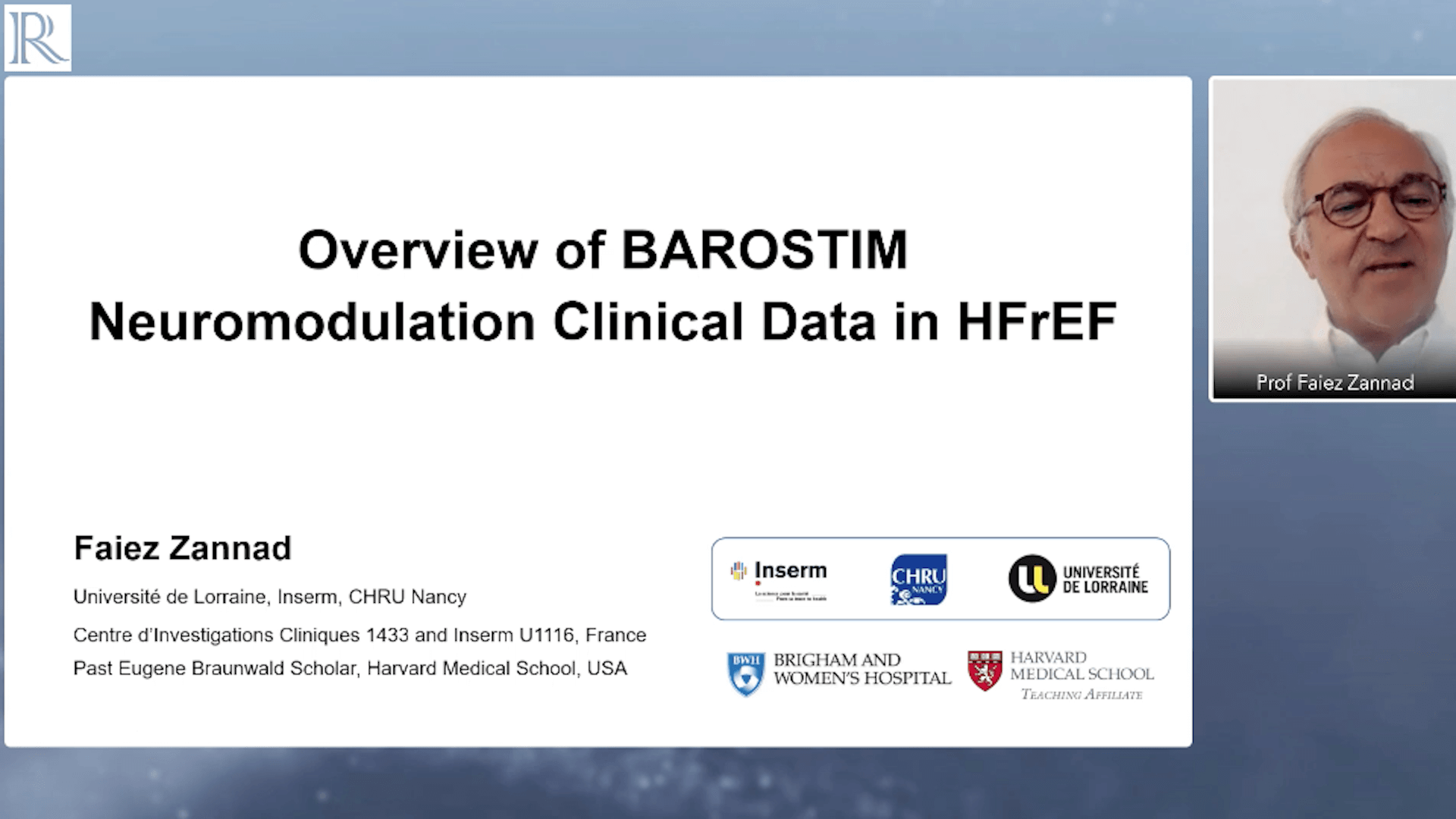Baroreflex Activation Therapy for the Treatment of HFrEF – When CRT Is Not an Option
Published: 05 July 2021
-
Views:
 737
737
-
Likes:
 7
7
-
Views:
 737
737
-
Likes:
 7
7
-
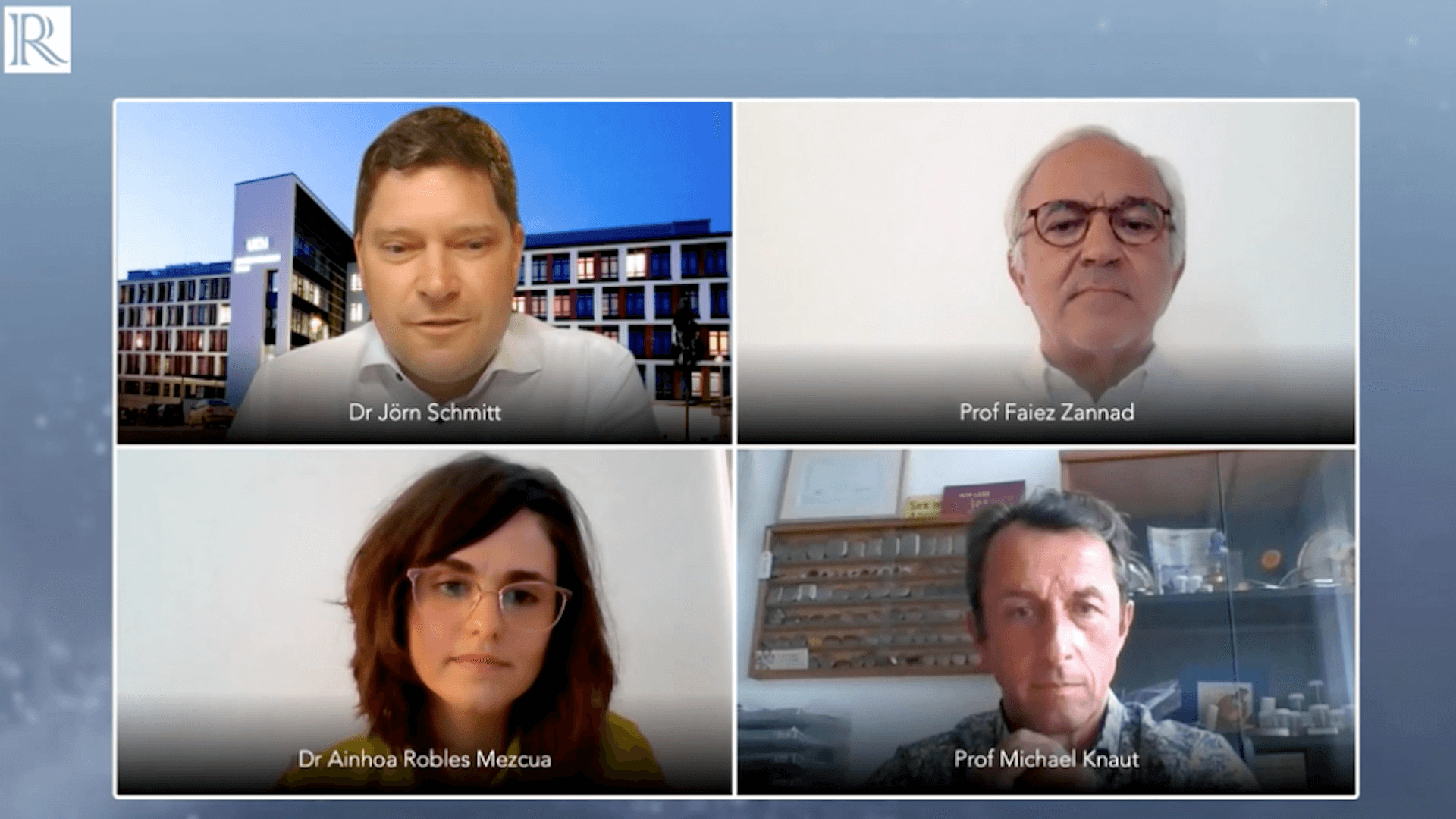 2m 58sPart 1 Welcome and Introduction Jörn Schmitt , Faiez Zannad, Michael Knaut, Ainhoa Robles Mezcua
2m 58sPart 1 Welcome and Introduction Jörn Schmitt , Faiez Zannad, Michael Knaut, Ainhoa Robles Mezcua
-
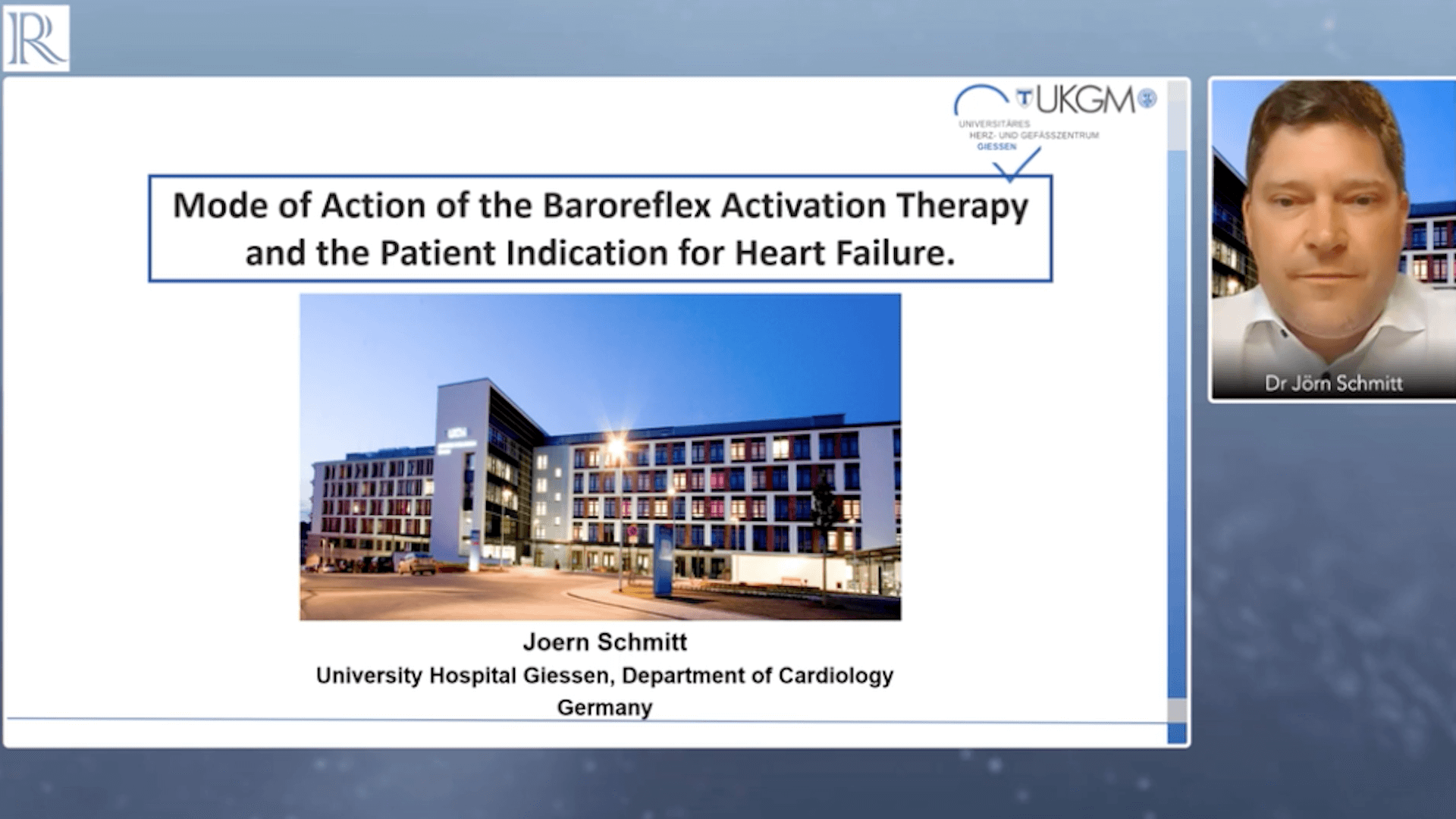 10m 21sPart 2 Introduction: BAT Mode of Action & Patient Indication for HF Jörn Schmitt
10m 21sPart 2 Introduction: BAT Mode of Action & Patient Indication for HF Jörn Schmitt
-
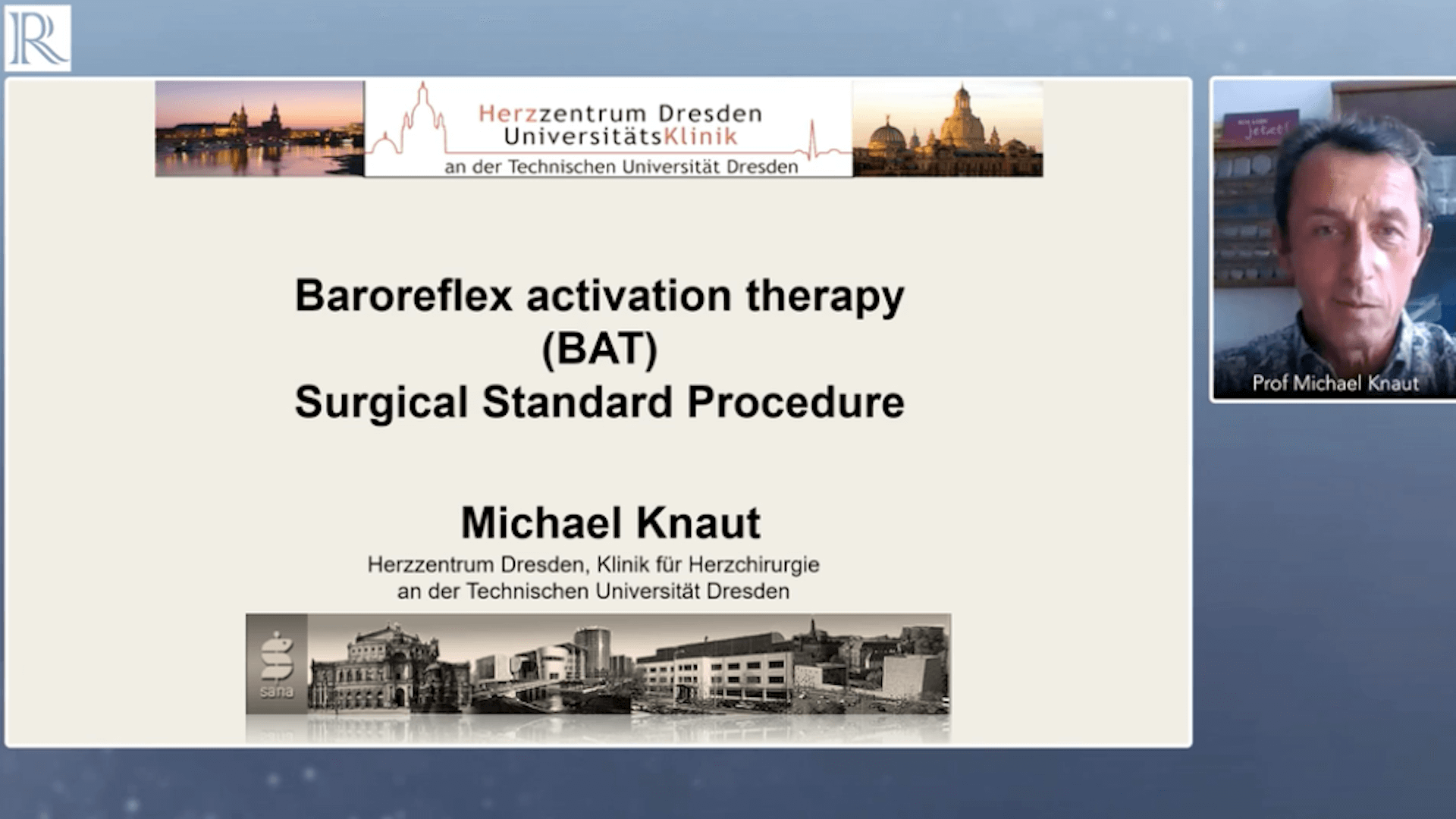 11m 33sPart 4 Device Presentation & Implant Procedure Michael Knaut
11m 33sPart 4 Device Presentation & Implant Procedure Michael Knaut
-
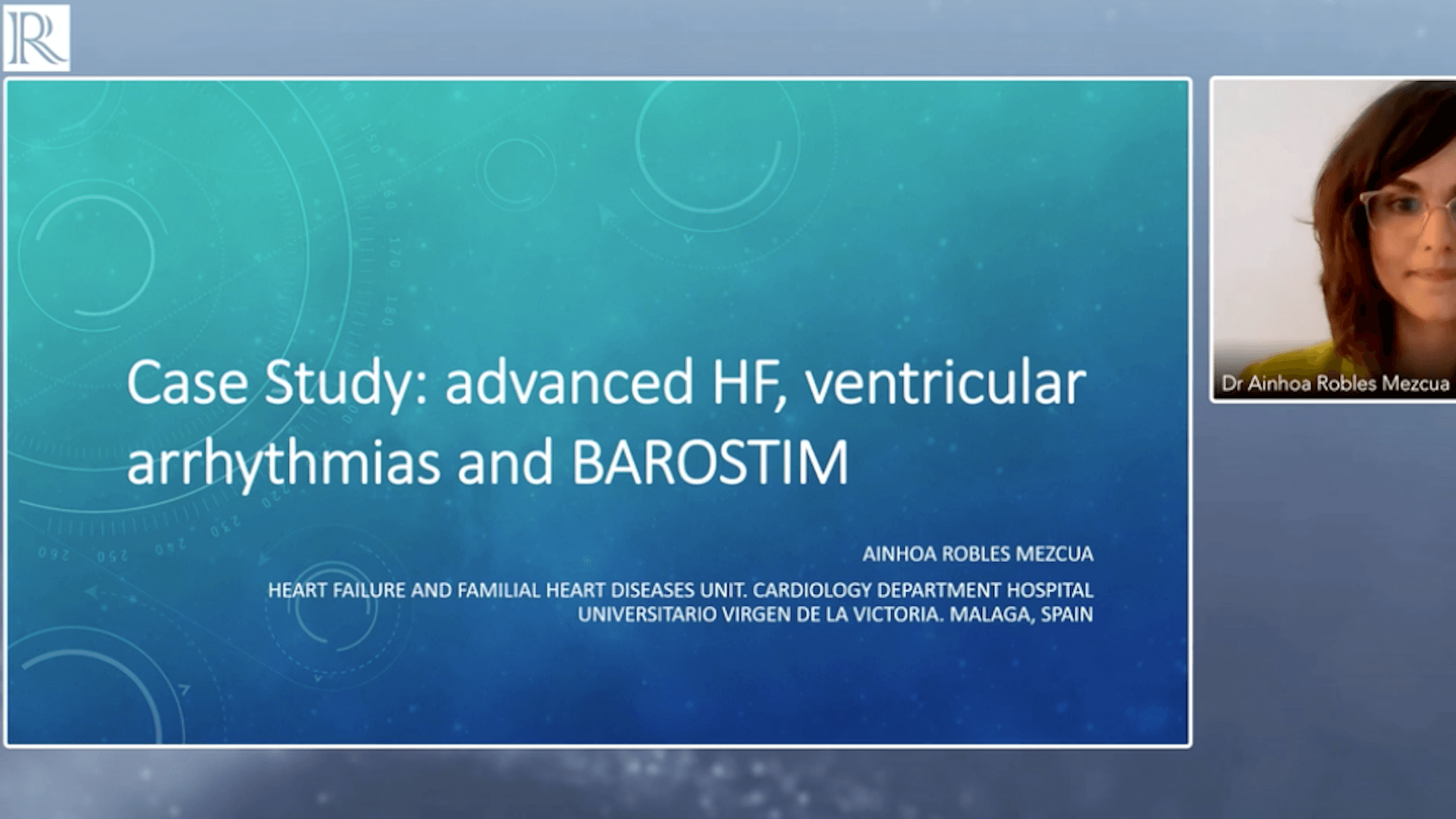 8m 21sPart 5 Case Study: advanced HF, ventricular arrhythmias and BAROSTIM Ainhoa Robles Mezcua
8m 21sPart 5 Case Study: advanced HF, ventricular arrhythmias and BAROSTIM Ainhoa Robles Mezcua
Overview
In this webinar, cardiologists, heart failure specialists and electrophysiologists will go through this simple implantable device that electrically stimulates the carotid baroreflex to improve symptoms of HFrEF. The panel will discuss patient indication, our latest clinical data, and incorporation into clinical practice.

Key Learning Objectives
- Review the role of the baroreflex as a primary regulator of cardiovascular function and have a better understanding of the mode of action.
- Identify the patient indication for carotid baroreceptor stimulation in heart failure with reduced ejection fraction.
- Review the long term data and experience with baroreflex activation therapy in heart failure with reduced ejection fraction.
- Get to know the device, and the implantation procedure of BAROSTIM.
- Exchange with experienced physicians that prescribe and use BAROSTIM in their hospitals.
Target Audience
- Heart Failure Specialist
- Cardiologist
- Interventional Cardiologist
- Rhythmologist
More from this programme
Part 1
Welcome and Introduction
| 1 session | |
| Welcome and Introduction | Watch now |
Part 2
Introduction: BAT Mode of Action & Patient Indication for HF
Part 3
Clinical Results (Presentation of clinical data on Heart Failure as HOPE4HF & BeAT-HF study)
Part 4
Device Presentation & Implant Procedure
Part 5
Case Study: advanced HF, ventricular arrhythmias and BAROSTIM
Part 6
Summary of Baroreflex Activation Therapy for HFrEF
Faculty Biographies
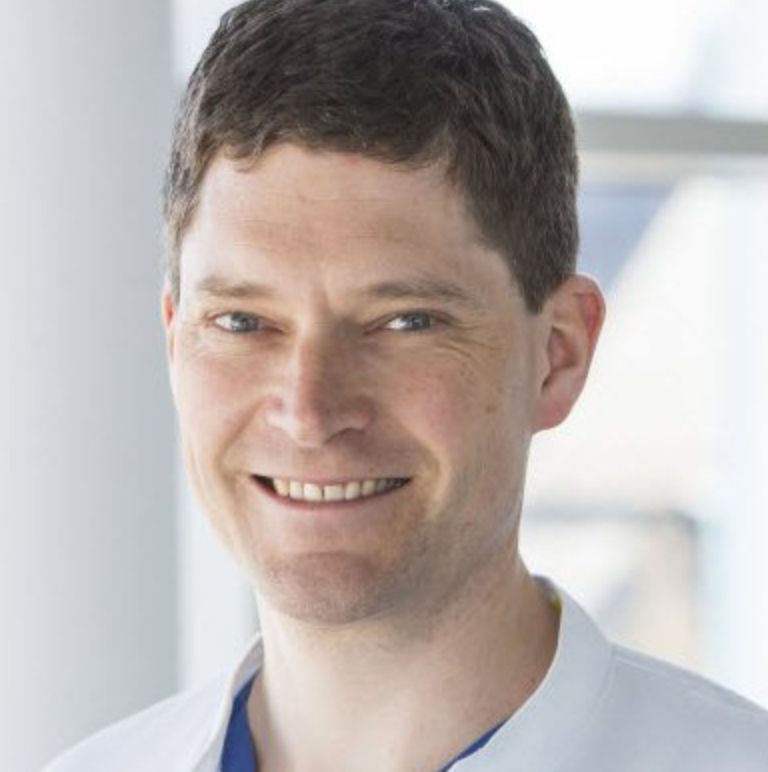
Jörn Schmitt
Electrophysiologist
Dr Schmitt is an Electrophysiologist with 10+ years of experience, working at the Clinical University of Giessen/Marburg, in Germany.
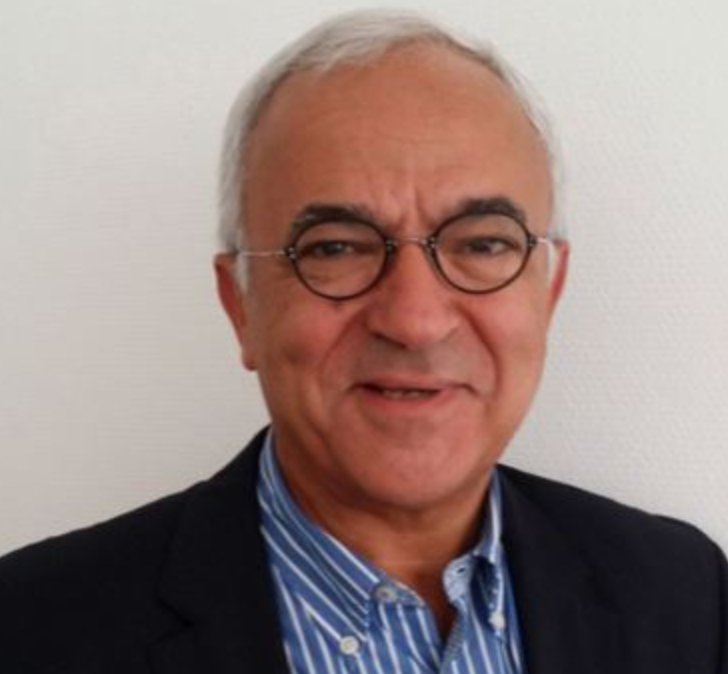
Faiez Zannad
Professor of Therapeutics and Cardiology, Head of CIC
Prof Faiez Zannad is Professor of Therapeutics & Cardiology and Head of the Division of Heart Failure, Hypertension and Preventive Cardiology for the department of Cardiovascular Disease of the Academic Hospital (CHU) in Nancy and the Director of the Clinical Investigation Centre (Inserm-CHU).
Prof Zannad is currently the Chairman of the ESC Working group on Pharmacology and Drug Therapy as well as a Boardmember of the ESC Heart Failure Association. He is Past-President of the French Society of Hypertension.
Prof Zannad is Co-Editor-in-Chief for Fundamental and Clinical Pharmacology, the official journal of the European Pharmacology Societies Federation (EUPHAR). He chairs and organises annual international meetings on CardioVascular Clinical Trials (CVCT) and on Biomarkers in Heart Failure.
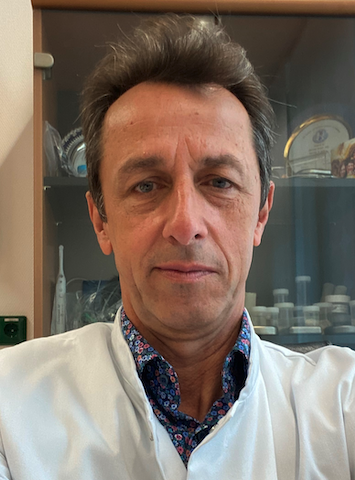
Michael Knaut
Professor for Cardiac Surgery, University of Dresden
Prof Dr Michael Knaut is a Professor for Cardiac Surgery at University of Dresden.
He attended medical school at Martin Luther University of Halle-Wittenberg.
Since 1996, Prof Dr Knaut has worked at the Department of Cardiovascular and Thoracic Surgery, Heart Centre, University of Dresden.
His scientific interests include rhythm surgery / surgical treatment of atrial fibrillation, minimally invasive cardiac surgery, mitral valve reconstruction, laser lead extraction, S-ICD implantation and baroreceptor stimulation therapy.
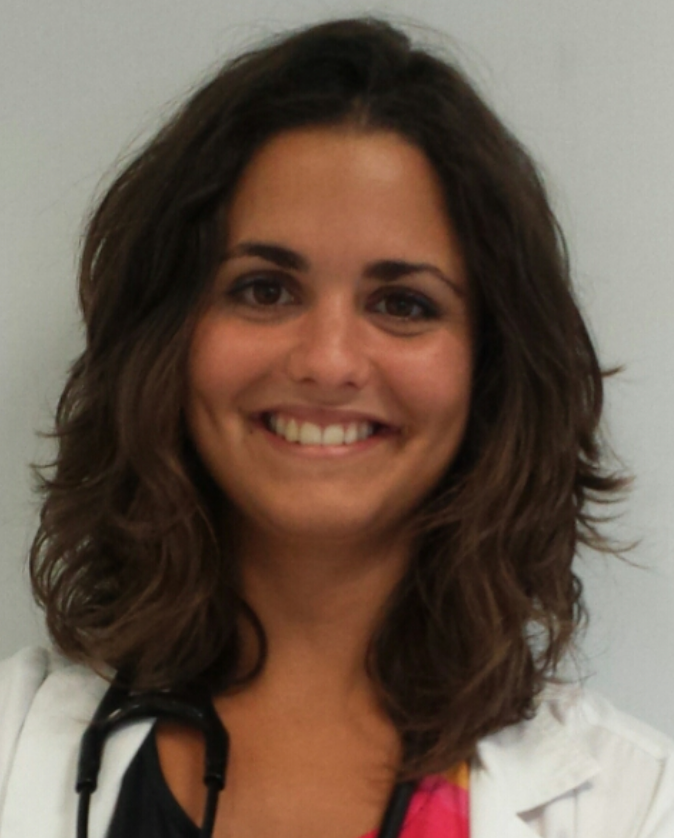
Ainhoa Robles Mezcua
Cardiologist
Dr Ainhoa Robles Mezcua acquired her medical degree at University of Granada, Spain and specialization in Cardiology at the Hospital Virgen de la Victoria, Malaga.
She works as a Cardiologist in the Heart Failure and Heart Disease Unit. Cardiology Service, Hospital Virgen de la Victoria, Malaga, Spain.






